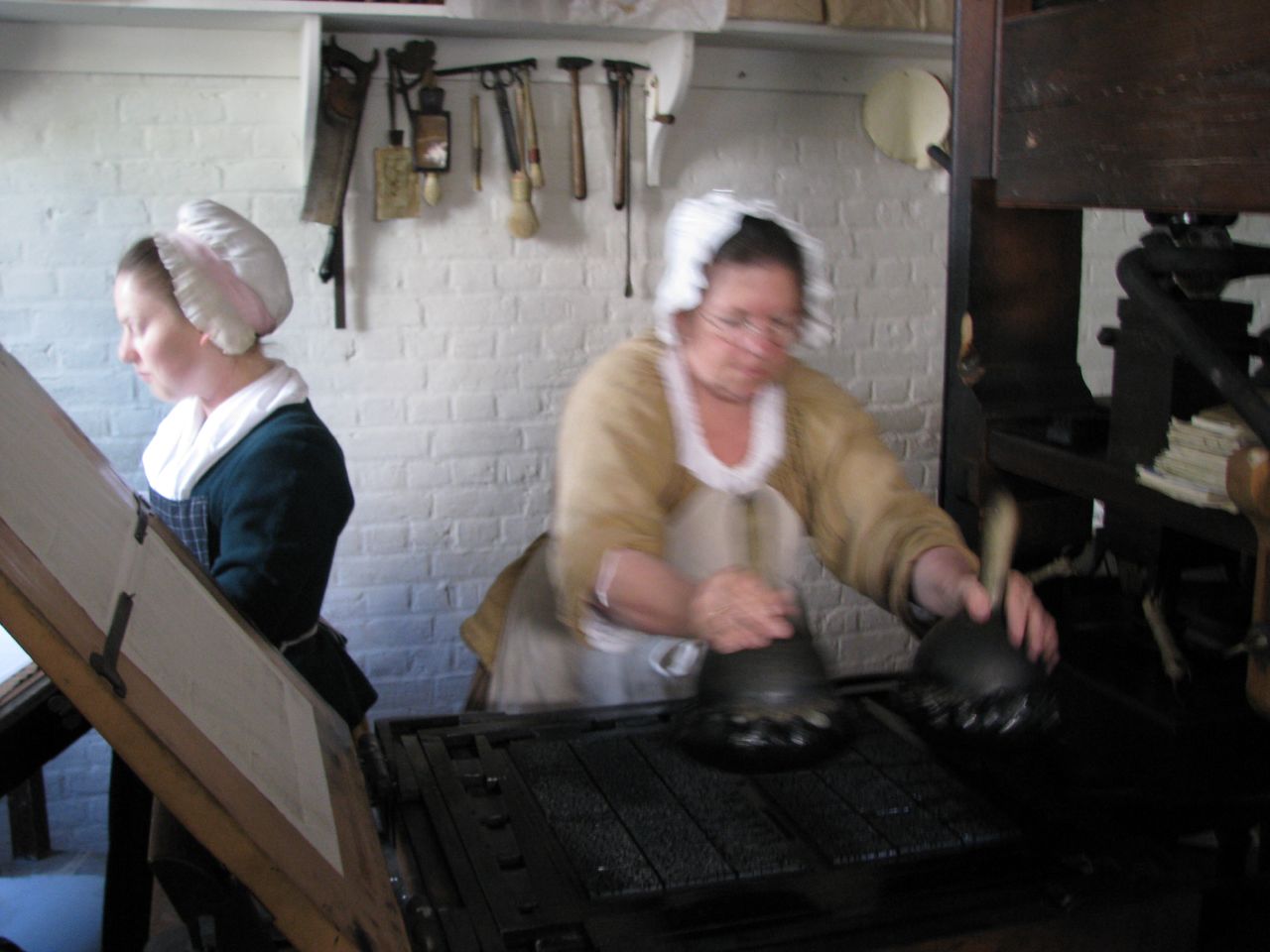|
Anna Maria De Neuf
Anna Maria de Neuf (1654–1714), was a printer and manager of the Plantin Press in Antwerp, a leading publisher in Antwerp, from 1696 to 1714. Life Anna Maria de Neuf was born in Antwerp where she was baptized in the Cathedral on 9 September 1654. She was the daughter of Simon, lord of Hooghelande, and lady Anna Steymans.Jan Baptist van der Straelen, ''Geslagt-lyste der nakomelingen van der vermaerden Christoffel Plantin'', Janssens, 1858, pp. 40-41 Her family was titled and wealthy. She married Balthasar III Moretus in July 1673, with wedding celebrations occurring from the 9th through the 11th of July, provided by his father Balthasar II Moretus and Anna's father, Simon. Balthasar was the head of ''Officina Plantiniana'' (also known as Plantin Press) starting in 1674, when he partnered with his mother in running the firm. Her husband died the following year. Balthasar II died in 1674 after which his mother Anna Goos provided leadership and training to, and worked in par ... [...More Info...] [...Related Items...] OR: [Wikipedia] [Google] [Baidu] |
List Of Women Printers And Publishers Before 1800
The list of women printers and publishers before 1800 include women active as printers or publishers prior to the 19th century. Before the printing press was invented, books were made from pages written by scribes, and it could take up to a year or two for a book to be completed. Books were a luxury mainly for religious scholars and the upper class. Johannes Guttenberg invented the printing press around 1450, which allowed for mass production of books. Having books become more widely available meant that the masses had access to information that they might not get otherwise, but threatened the authority of the state. Some printers had their works censored and may have been jailed for disseminating information of which the state did not approve. Printing required setting type, which could be arduous, and running the press, which was heavy, as well as bookbinding. Although running the press was considered too physically difficult, many women were able to do all the jobs required t ... [...More Info...] [...Related Items...] OR: [Wikipedia] [Google] [Baidu] |
17th-century Businesswomen
The 17th century lasted from January 1, 1601 ( MDCI), to December 31, 1700 ( MDCC). It falls into the early modern period of Europe and in that continent (whose impact on the world was increasing) was characterized by the Baroque cultural movement, the latter part of the Spanish Golden Age, the Dutch Golden Age, the French ''Grand Siècle'' dominated by Louis XIV, the Scientific Revolution, the world's first public company and megacorporation known as the Dutch East India Company, and according to some historians, the General Crisis. From the mid-17th century, European politics were increasingly dominated by the Kingdom of France of Louis XIV, where royal power was solidified domestically in the civil war of the Fronde. The semi-feudal territorial French nobility was weakened and subjugated to the power of an absolute monarchy through the reinvention of the Palace of Versailles from a hunting lodge to a gilded prison, in which a greatly expanded royal court could be more easil ... [...More Info...] [...Related Items...] OR: [Wikipedia] [Google] [Baidu] |
Businesspeople Of The Spanish Netherlands
A businessperson, businessman, or businesswoman is an individual who has Organizational founder, founded, ownership, owns, or Shareholder, holds shares in (including as an angel investor) a private-sector company. A businessperson undertakes activities (commercial or industrial) for the purpose of generating cash flow, sales, and revenue by using a combination of Human capital, human, Financial capital, financial, Intellectual capital, intellectual, and physical capital with a view to fueling economic development and growth. History Prehistoric period: Traders Since a "businessman" can mean anyone in industry or commerce, businesspeople have existed as long as industry and commerce have existed. "Commerce" can simply mean "trade", and trade has existed through all of recorded history. The first businesspeople in human history were traders or merchants. Medieval period: Rise of the merchant class Merchants emerged as a class (social), "class" in medieval Italy (compare, ... [...More Info...] [...Related Items...] OR: [Wikipedia] [Google] [Baidu] |

